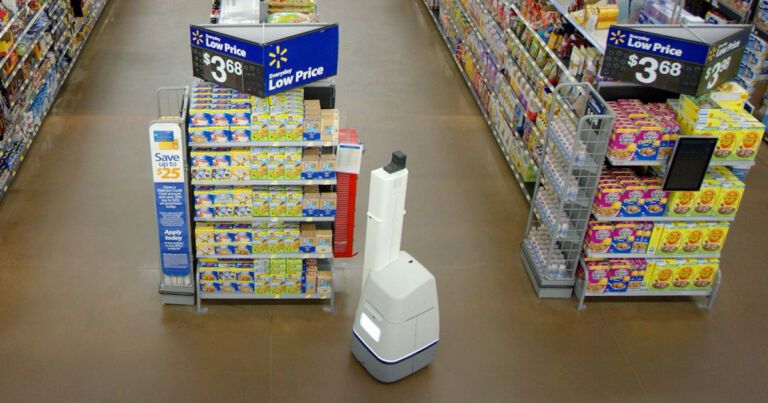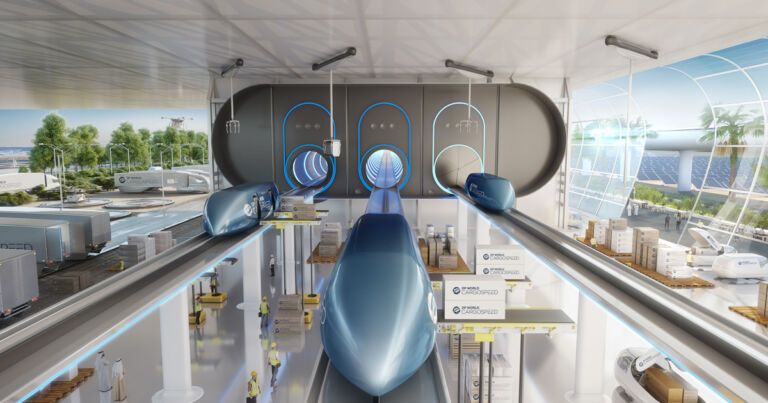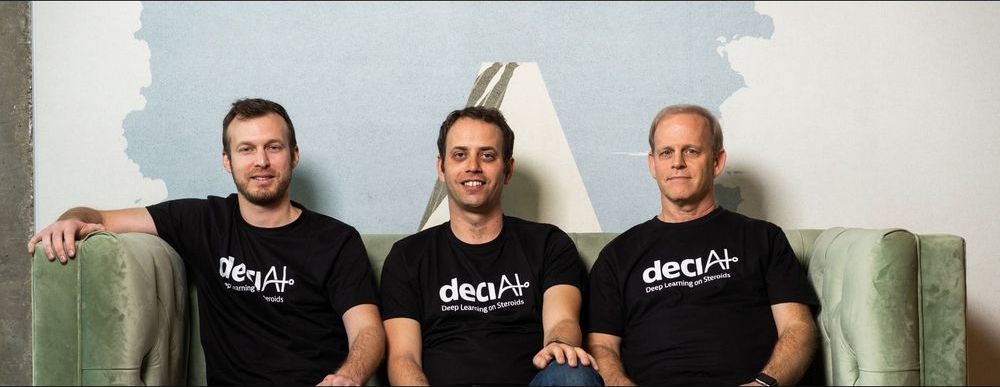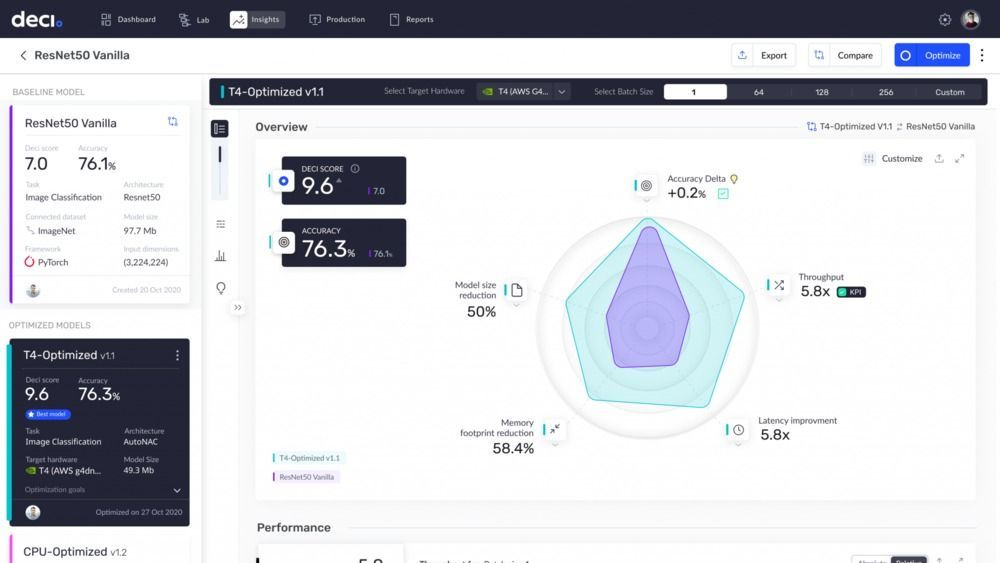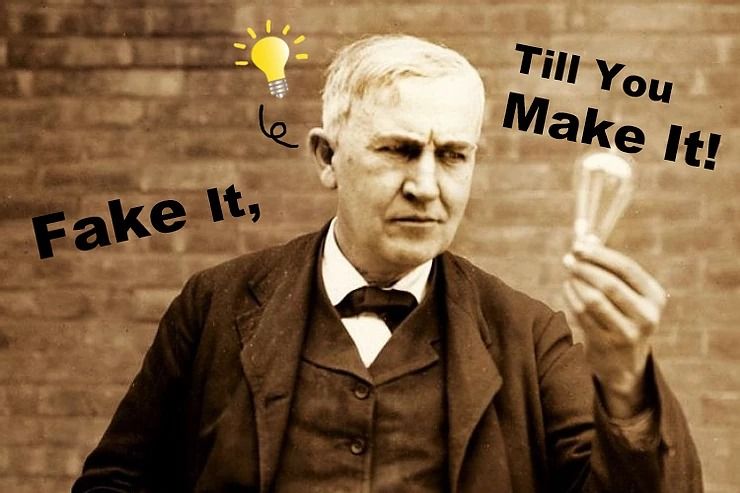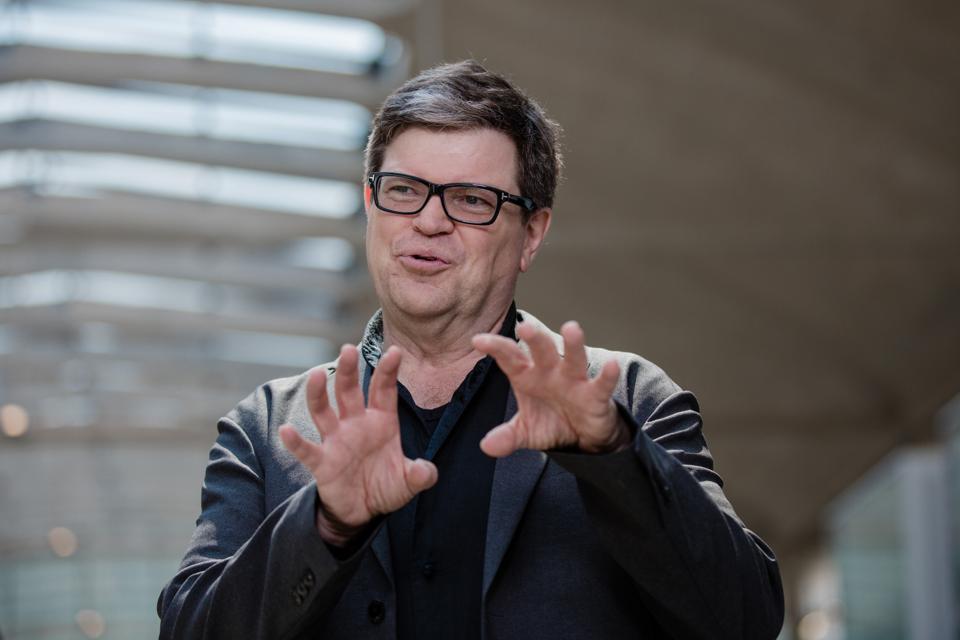SAN FRANCISCO – L3Harris Technologies will help the U.S. Defense Department extract information and insight from satellite and airborne imagery under a three-year U.S. Army Research Laboratory contract.
L3Harris will develop and demonstrate an artificial intelligence-machine learning interface for Defense Department applications under the multimillion-dollar contract announced Oct. 26.
“L3Harris will assist the Department of Defense with the integration of artificial intelligence and machine learning capabilities and technologies,” Stacey Casella, general manager for L3Harris’ Geospatial Processing and Analytics business, told SpaceNews. L3Harris will help the Defense Department embed artificial intelligence and machine learning in its workflows “to ultimately accelerate our ability to extract usable intelligence from the pretty expansive set of remotely sensed data that we have available today from spaceborne and airborne assets,” she added.

